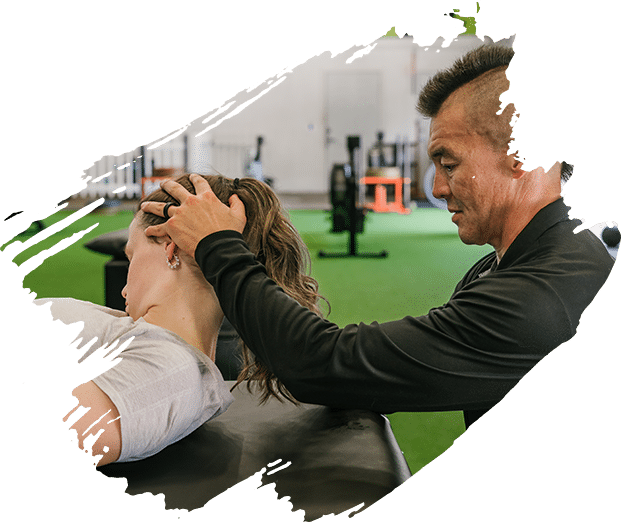 I commend people in Lakeland, FL, who push hard and exercise regularly. It's impressive when you stick with a schedule and keep your promise to get into shape or fine-tune your body when you're already fit. That doesn't mean you won't benefit from an occasional rest day. It's imperative if you're doing intense workouts. Constantly pushing too hard can make your goal more difficult to achieve. Sometimes, you need a rest day.
I commend people in Lakeland, FL, who push hard and exercise regularly. It's impressive when you stick with a schedule and keep your promise to get into shape or fine-tune your body when you're already fit. That doesn't mean you won't benefit from an occasional rest day. It's imperative if you're doing intense workouts. Constantly pushing too hard can make your goal more difficult to achieve. Sometimes, you need a rest day.
What is a rest day?
Rest days aren't days when you stay in bed or lounge on the couch binge-watching several seasons of your favorite show. Rest days are days you avoid intense workouts and give your body time for recovery. When you're pushing hard, it causes micro tears in the muscles. During recovery, the magic takes place. The tears heal, forming powerful and larger muscles. You remain active on rest days, but recovery activities are less strenuous. They include things like walking, leisurely biking, and mild stretching workouts. If you're doing intense strength training, it takes 48-72 hours for the muscle tissue to heal.
Exercising burns off stress hormones, but intense exercise increases them.
Moderate exercise burns off stress hormones, but intense exercise creates them. If you exercise for a while, your body becomes more adjusted and less stressed, but not enough to overcome days of pushing too hard. If you force your body to work too hard too often, it doesn't allow it to adjust to the new stress level. Even if your body is adjusted, sometimes it's too much to handle. It can harm your immune system and make you more susceptible to minor illnesses like the flu or cold.
Your mood is affected.
Overstressing your body can affect your mood. It can cause mood swings, depression, and irritability. It weakens your immune system and causes chronic fatigue. It delays recovery and can even cause muscle loss. It's time to step back and rest before those things occur. If you notice you are getting burned out and dread exercising or hate working out when you previously enjoyed it, you have burnout. Sleep disturbances and a higher resting heart rate indicate you should step back and rest.
- Rest day activities don't significantly increase your heart rate or push you significantly beyond your normal rate when you're up and about but not significantly pushing yourself.
- Taking a rest day can improve your overall performance. It allows the muscles to heal and prevents fatigue, which can reduce agility, reaction time, and endurance.
- If your exercise regimen is light exercises, such as bike rides or walking, you don't need rest days. If you're running as exercise, alternate the days with upper body exercises.
- If you're focusing on intense workouts, don't do them more than three times a week. The rest of the days do active recovery. Before and after intense exercise, build and replenish glycogen stores with a snack of protein and carbs.
- A personal trainer can help you develop the right workout plan for your physical limitations, needs, and goals. Always check with your healthcare professional.
For more information, contact us today at Habitat Health & Fitness

